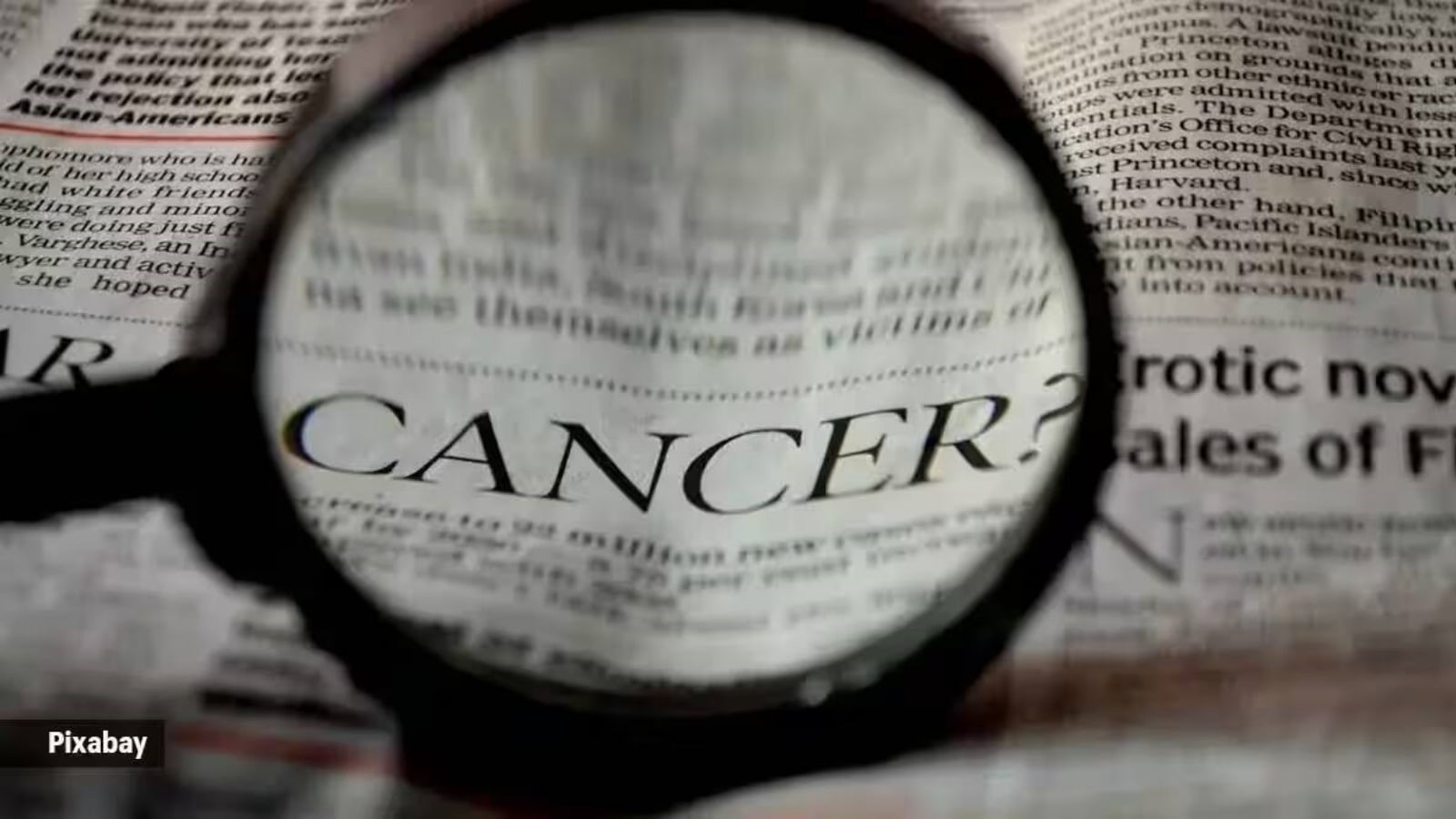Groundbreaking DNA & RNA Tech Promises Faster, More Accurate Cancer Diagnosis in South Africa

Cape Town, South Africa – A significant leap forward in cancer diagnosis is underway at the Homi Bhabha Centre, with the implementation of cutting-edge DNA and RNA-based technology. This advancement promises to revolutionise how cancer is detected and treated, offering faster and more accurate results for patients across South Africa.
The core of this innovation lies in Next-Generation Sequencing (NGS), a powerful molecular diagnostic technology. Unlike traditional methods, NGS allows for a rapid and incredibly detailed analysis of a patient's DNA and RNA. This comprehensive approach is crucial in identifying the specific genetic mutations that fuel cancer growth and progression.
Why is this so important? Cancer isn't a single disease; it's a collection of hundreds of different types, each driven by unique genetic changes. Identifying these changes is the first critical step towards targeted therapies and personalized treatment plans. Traditional diagnostic methods often struggle to pinpoint these mutations quickly and accurately, leading to delays in diagnosis and treatment.
How does NGS work? NGS technology essentially 'reads' the genetic code of a cell, allowing scientists to identify variations from the norm. By comparing a patient's DNA/RNA to a reference genome, researchers can identify mutations associated with cancer. This information is then used to determine the most effective treatment strategy.
Benefits for South African Patients: The introduction of this technology at the Homi Bhabha Centre has several key benefits for patients in South Africa:
- Faster Diagnosis: NGS significantly reduces the time it takes to diagnose cancer, allowing for quicker intervention.
- Improved Accuracy: The comprehensive nature of NGS ensures a more accurate identification of genetic mutations.
- Personalized Treatment: The insights gained from NGS can guide doctors in selecting the most effective targeted therapies for each individual patient.
- Enhanced Research: The data generated by NGS can also be used for cancer research, contributing to a better understanding of the disease and the development of new treatments.
Looking Ahead: The Homi Bhabha Centre's investment in NGS technology marks a pivotal moment in the fight against cancer in South Africa. As the technology becomes more accessible and integrated into routine clinical practice, it holds the potential to improve outcomes for countless patients and contribute to a healthier future for the nation. Further research and collaboration will be key to unlocking the full potential of this transformative technology.
This advancement underscores the importance of continued investment in scientific innovation and its role in addressing critical healthcare challenges.






